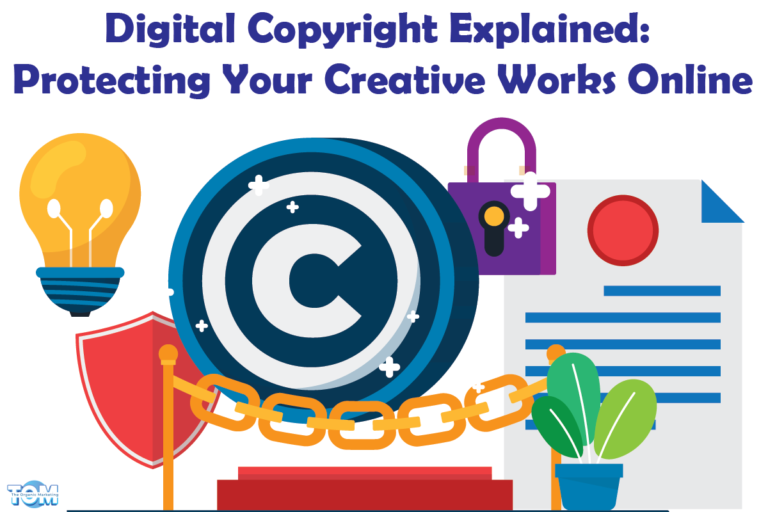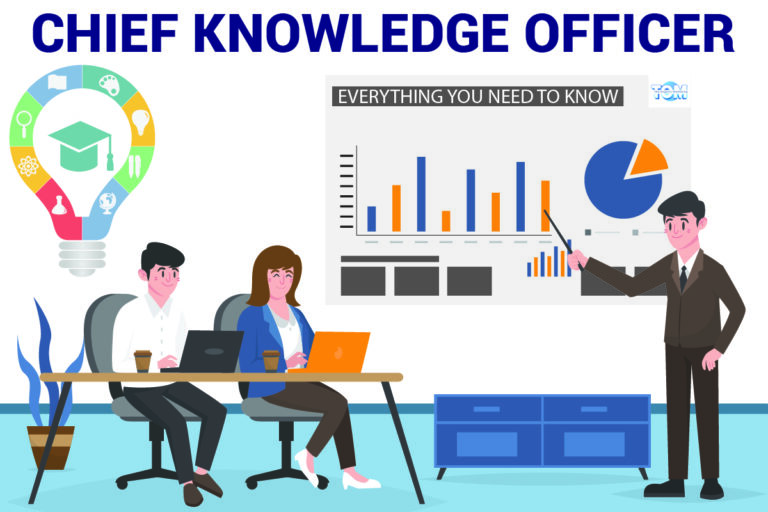Content Writing – Everything You Need To Know
Content writing has become an essential instrument for communication in the constantly changing digital world, where information reigns supreme. It is the skill of creating sentences that speak to readers, enlighten, delight, and convince. This blog will explain the importance of content writing in Internet communication and how it connects people from all over the world.
What does content writing mean?
Creating written work for a variety of platforms with the intention of engaging, educating, or entertaining the audience is the true meaning of content writing. It covers a broad range of media types, such as articles, blog entries, social media updates, product summaries, press releases, and more. The key to effective content writing is to provide information in a way that is clear, succinct, and appealing while also adapting the tone to the platform and the intended audience.
The significance of content writing
Content writing holds immense significance in today’s digital age. It serves as a bridge between businesses, individuals, and their audiences. High-quality content builds credibility, establishes authority, and fosters trust. It aids in search engine optimization (SEO), improving a website’s visibility on search engines and attracting organic traffic. Moreover, engaging content enhances user experience, keeping readers hooked and encouraging them to explore further.
Different Types of Content
- Email Newsletters: These are segmented, often based on subscriber choices, personalized, and interesting. Email newsletters feature connections to pertinent resources. Maintain a direct channel of communication with your subscribers and regularly send out news, offers, and insightful information.
- Video Scripts: When creating tutorials, stories, or video presentations, make the dialogue and material direct. Include transitions, visual clues, and alternative camera angles.
- Social Media Posts: Writing social media content involves creating interesting content for users on a variety of platforms, making use of multimedia elements like images, videos, and animated GIFs, writing brief captions for TikTok or Instagram Reels, long-form LinkedIn articles, etc.
- Web Page Copy: Convey information about the goals, characteristics, and services of a website using compelling copy that focuses on giving users the information they need.
- Landing Page Copy: These are extremely focused, captivating, and emphasizes the value offered. It contains a compelling call to action. As a result, it encourages visitors to perform a certain action, such as registering, buying something, or downloading a resource.
- White Papers: Highly informational and data-driven white papers are frequently used to build authority in B2B scenarios. Gives detailed study, analysis, or remedies to a particular problem or issue facing the sector.
- eBooks: Offers thorough and in-depth material on a certain subject, frequently for lead creation or education. longer format, allowing for in-depth topic analysis. May have graphics, graphs, and interactive components.
- Informational Articles: Gives particular subject-specific information and expertise that is in-depth, well-researched, objective, and focused.
- Product Descriptions: Clear and direct descriptions that emphasize special selling aspects and cater to client demands should be used to educate and excite potential customers about the characteristics, advantages, and usage of a product.
- Press Releases: Use professional, concise articles to announce noteworthy company- or organization-related launches, events, or advancements. The articles should adhere to a predetermined format and contain all necessary information and quotes.
How To Navigate the Content Writing Process
- Understanding the Audience: Prioritize understanding the preferences, requirements, and interests of your target audience. This information enables content to be tailored to appeal to them.
- Research: The cornerstone of captivating content is thorough research. To ensure accuracy and credibility, get information from reliable sources.
- Planning and Outlining: Make your content’s structure evident. Organize important concepts and topics to keep a logical flow.
- Writing: A great introduction, followed by educational material, and a compelling takeaway should come first. Keep your tone simple and maintain a jargon-free content.
- Editing and Proofreading: Check your writing for clarity, consistency, and grammatical faults. Edit your material harshly to improve it.
Guidelines and Ideal Techniques for Content Writing
- Originality: Create original material that provides your readers with value or a new viewpoint. Lack of originality reduces trustworthiness.
- Clarity: Make sentences short and simple to understand. To guarantee that your message is clear, avoid ambiguity.
- Engagement: To hold readers’ interest, ask questions, use anecdotes, or give genuine examples.
- SEO Optimization: To improve your website’s exposure on search engines, naturally incorporate important keywords into your content.
- Visual Appeal: To make information easier to read, use subheadings, bullet points, and graphics.
The foundation of efficient communication in the digital age is content writing. It creates connections, fills knowledge gaps, and spreads knowledge. You may produce engaging content that has an impact over time by knowing your audience, utilizing a variety of content types, and following best practices.
Let The Organic Marketing help you create the magic of content writing for your brand or business.
FAQ’s (Frequently Asked Questions)
Q1: Is content writing only for businesses?
A1: No, content writing is versatile and used by individuals, bloggers, educators, and more to share information and connect with their audiences.
Q2: How important are keywords in content?
A2: Keywords help improve search engine visibility, but they should be used naturally to maintain content quality.
Q3: Is content writing the same as copywriting?
A3: While both involve writing for specific purposes, content writing focuses on information and engagement, whereas copywriting aims to persuade and sell.
Q4: How long should my blog posts be?
A4: Blog post length can vary, but a general guideline is around 1,000 to 2,000 words for comprehensive content. However, prioritize quality over length.






